
Words That Work
It's Not What You Say, It's What People Hear
Recommendation
This book's readability says a lot about the power of author Frank Luntz's advice on communicating. The text flows, usually matching actions with concepts. For instance, Luntz repeats how important it is to repeat your message. He uses simple language to illustrate the importance of simple language, and so on. What's more, the book is entertaining. Luntz has been involved in major media campaigns with key American products and politicians, and his story about demonstrating an important principle to the Senate is hypnotic. The caveat is that such stories sometimes seem boastful and end up being off-putting when they are clearly meant to be engaging. That grain of salt aside, getAbstract recommends this extremely useful book to those who want to improve their communication skills. The book is directed toward Americans, though it debunks myths about them for the entertainment and edification of everyone else. Some of the book's principles are familiar, but so deeply fundamental that they are worth repeating – which is actually Luntz's fourth rule of effective language use. Say it right, and then say it again.
Summary
About the Author
Frank Luntz has supervised more than 1,000 focus groups or surveys, and has advised business and political leaders on shaping their messages.








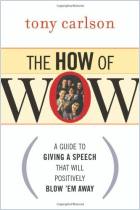
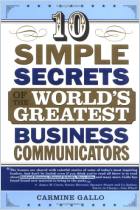
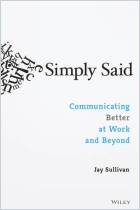
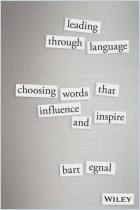
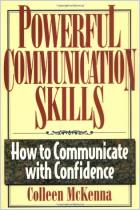
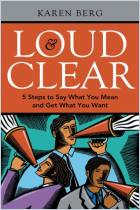




Comment on this summary or Начать обсуждение